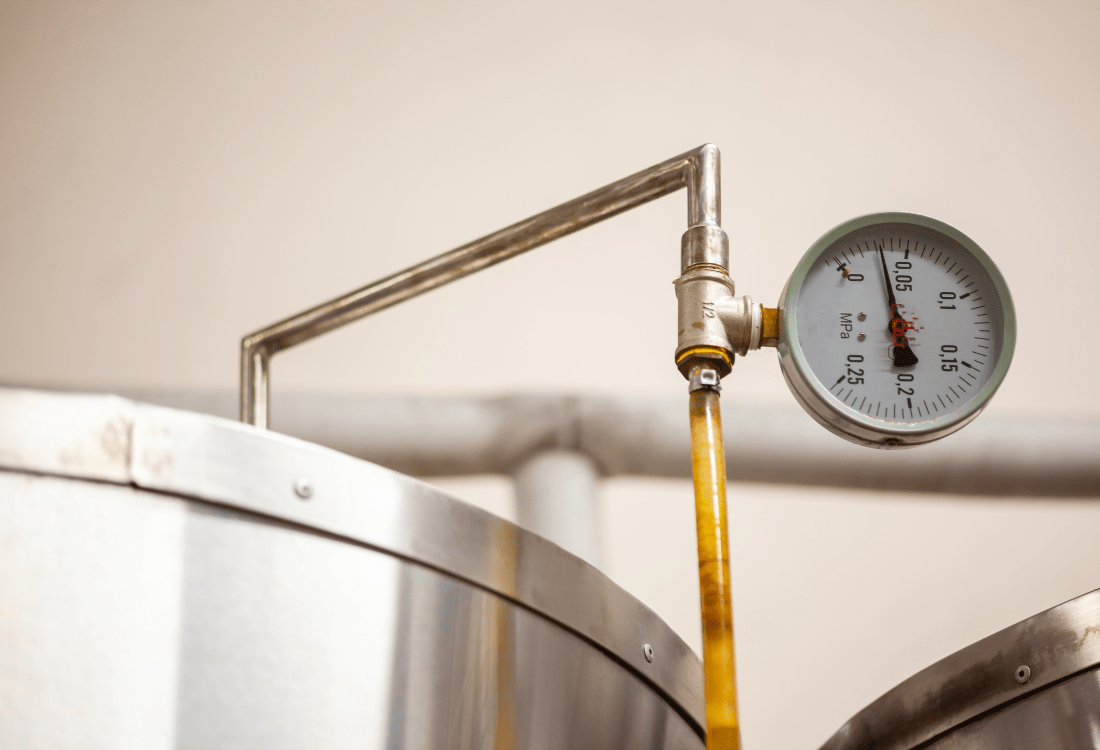
Fermentation Technology: From Ancient Wisdom To Modern Advances
As well as being an important bioprocess in the food and beverage industry, fermentation has played a key role in the production of many products throughout human history. From beer brewing in the 7th century BC Mesopotamia to the cutting-edge technologies of the 21st century, fermentation methods have continuously evolved over time, blending ancient wisdom with modern science.
In this article, we’ll explore the history of fermentation from its ancient origins to modern technology.

7000 BC: The Discovery Of Brewing Beer
Who discovered the process of fermentation is a matter of debate, but it’s widely accepted that its history can be traced to ancient civilizations. Approximately 9,000 years ago, the Sumerians stumbled upon the process of brewing beer, an accidental discovery that would shape human culture and society for centuries. The earliest form of the process involved the natural fermentation of grains, primarily barley, which helped to create the alcoholic beverage that we know today as beer.
However, evidence of a fermented alcoholic drink made from honey, rice, and fruit has also been discovered that dates from Neolithic China, somewhere between 7000 and 6600 BC.
300 BC: The Invention Of Distillation
The process of distillation was invented by the Ancient Greeks in approximately 300 BC, a discovery that revolutionized the production of spirits. Distillation, which made possible the isolation and concentration of alcohol to create more potent beverages and essential oils, marked a significant advance in fermentation technology. Also, it expanded the range of fermented products that could be produced and widened the array of applications.
19th Century: Industrialization Drives Mass Production And Standardization
The 19th century witnessed two crucial developments in fermentation technology. Firstly, significant advances were made in understanding the role of microorganisms in the fermentation process, particularly in brewing and winemaking. Louis Pasteur's work on yeast fermentation techniques laid the foundation for modern microbiology and fermentation science.
Secondly, the Industrial Revolution made possible the mass production of fermented beverages, such as beer and wine, leading to the commercialization and standardization of these products.
20th Century: Genetic Engineering And Bioreactors
In the 20th century, extraordinary progress in fermentation technology was made with the discovery of new microbial strains and the application of genetic engineering techniques. Scientists were able to engineer microorganisms to produce specific compounds, such as enzymes and pharmaceuticals, through fermentation processes.
Furthermore, the development of bioreactors - vessels designed for controlled fermentation - allowed for more precise monitoring and optimization of fermentation conditions, significantly enhancing productivity and yield.
21st Century: Biotechnology Meets Sustainability
In the last two decades, fermentation technology has undergone a renaissance, driven by biotechnological advances and a focus on sustainability. Omics technologies, such as genomics, proteomics and metabolomics, have revolutionized the study of microorganisms and their metabolic pathways, enabling tailored fermentation processes for different applications.
Process monitoring and automation have further improved the efficiency and consistency of fermentation. Sustainable practices, such as waste recycling, biofuel production and biodegradable material synthesis, have also gained prominence, highlighting the potential for fermentation technology to address environmental challenges.
Contact Us To Find Out More
At Keit Industrial Analytics, our IRmadillo in-line process analyzer provides real-time information during the fermentation process so that you can achieve enhanced yield, capacity and productivity. To find out more, please get in touch.

Image Source: Canva
